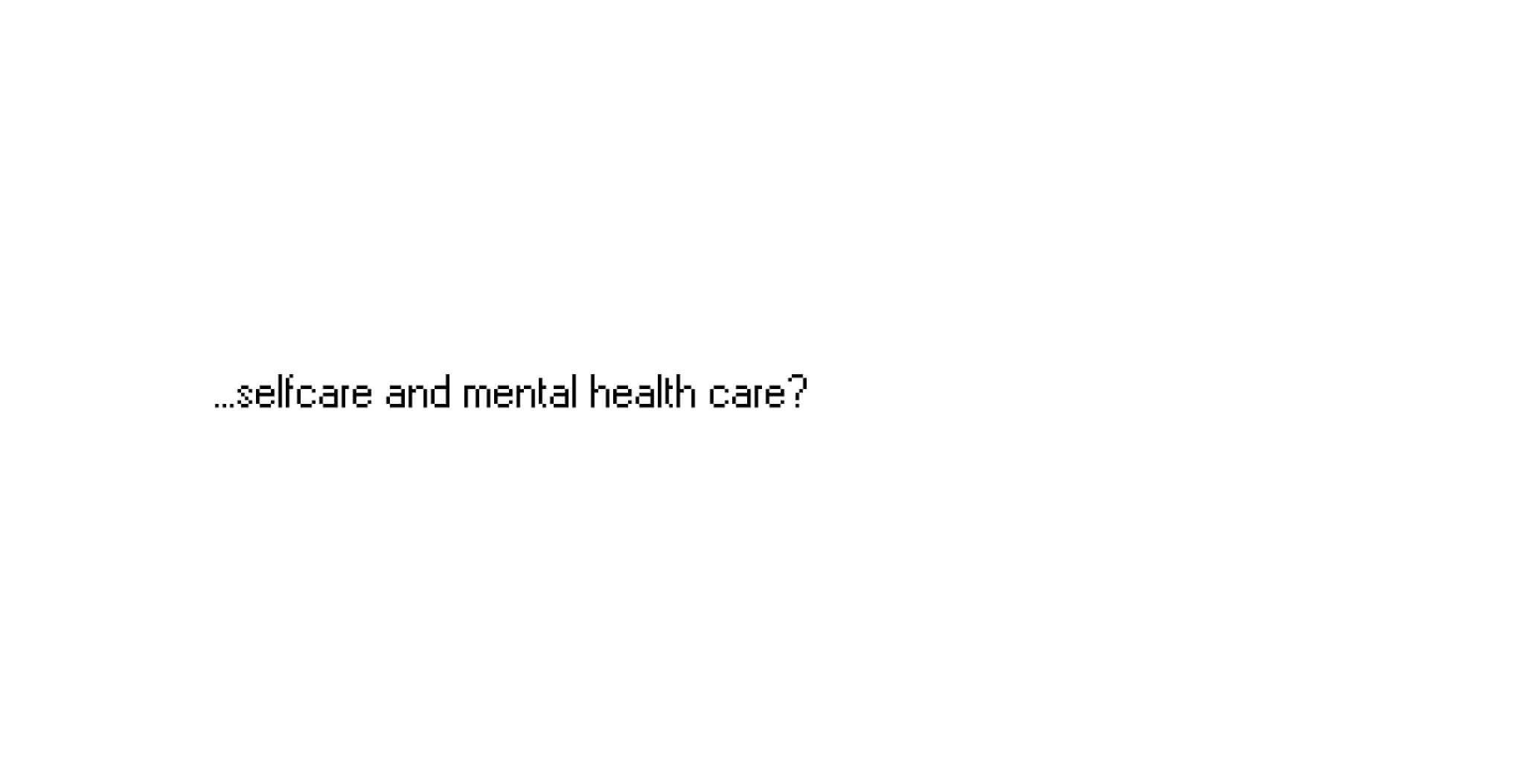From Flirting to Emotional Connections: Navigating the Gray Areas of Cheating in Modern Relationships
Our society is in a constant state of flux, undergoing continuous change. As we progress, relationships, in particular, have deviated from the traditional expectations that were once prevalent. For instance, non-monogamous relationships have gained recognition as valid forms of romance. However, despite the growing acceptance of polyamory and other non-traditional relationship styles, cheating remains stigmatized, with 90 percent of individuals deeming it unacceptable.
It raises the question: Why haven’t our expectations of monogamy evolved alongside our understanding of the intricate complexities of human sexuality? If anything, it appears that those who oppose cheating have become more punitive in our age of relentless social media surveillance. Nowadays, a mere 19-second video shared with a few hundred followers can turn ordinary people into internet villains, accused of infidelity based on subtle expressions of unhappiness during surprise visits, as exemplified by last year’s TikTok ‘couch guy’ incident.
One thing is certain: People engage in infidelity. Determining precise statistics on its prevalence is challenging due to variations in the definition of infidelity. In one study, nearly 6 percent of respondents considered buying food for someone of the opposite sex as qualifying as infidelity. Moreover, not everyone is willing to admit to researchers that they have cheated. The definition of cheating varies across cultures, demographics, and even specific situations. Does masturbation count as cheating if one fantasizes about someone else? What about flirting, grinding on a dance floor, sexting, or receiving a lap dance? Does it change if one is under the influence of alcohol or drugs? What if payment is involved? Is watching porn considered cheating? How about creating porn? Does it matter if you don’t know the other person’s name? Approximately 70% of people have not discussed with their partners what actions constitute cheating. For instance, does downloading a dating app qualify as cheating? Between 18% and 25% of Tinder users are in committed relationships while using the app, and meeting individuals from Tinder likely crosses the line. Official figures vary significantly. According to a 2021 survey, just over 46 percent of respondents in monogamous relationships admitted to cheating, although higher estimates suggest figures as high as 68 percent for women and 75 percent for men. Recent research indicates that men and women cheat at similar rates.
The fast-paced internet era has blurred the boundaries of cheating. Whatever happened to discreet encounters in hidden places, lipstick-stained collars, and breathless rendezvous in the darkest corners of restaurants? Such methods have withstood the test of time for centuries. Nowadays, people wonder if simply sending a flame emoji on Instagram qualifies as cheating.
We do not intend to downplay the emotional harm caused by infidelity and adultery. However, it is difficult to resist engaging in a little flirting, exchanging shy glances, or sending a flame emoji. Research suggests that the desire to appear loyal and virtuous is a primary driver behind moral judgments related to infidelity. In fact, preserving loyalty often outweighs the consideration of protecting someone’s feelings. If the primary concern were to avoid causing harm, individuals might argue that keeping the affair secret is more ethical than confessing. Whether this approach is indeed the most favorable course of action remains a subject of debate.
What about emotional cheating? Defining emotional infidelity proves particularly challenging. The workplace is one environment where emotional transgressions may occur due to the overlapping of professional and personal interests, fostering close relationships that might blur the line between appropriate and inappropriate.
In a study involving women in committed relationships in their 30s and 40s, researchers explored their attitudes toward workplace relationships. These women were asked to reflect on instances when the boundaries between appropriate and inappropriate relationships at work became unclear.
Our culture strongly condemns cheating. Many individuals openly discuss desires that do not neatly fit within the confines of monogamy. Consequently, what should be done with these desires? If they are experienced by many, why is cheating still perceived as the ultimate betrayal? Considering the frequency with which infidelity occurs among diverse couples, perhaps it is time to acknowledge that those who seek sexual and emotional connections outside their long-term relationships are not necessarily attempting to replace what is lacking but rather to discover something new about themselves.
Thus, is cheating truly as reprehensible as commonly believed, or can it, in some cases, contribute to personal growth and development of character? Are we adhering to monogamy out of practicality? Infidelity reflects the diversity inherent in flawed human beings who strive to love and be loved, each of us imperfectly navigating our individual paths.
Header Image Credit: Photography by James Patrick Dawson for xy magazine (1997)



























